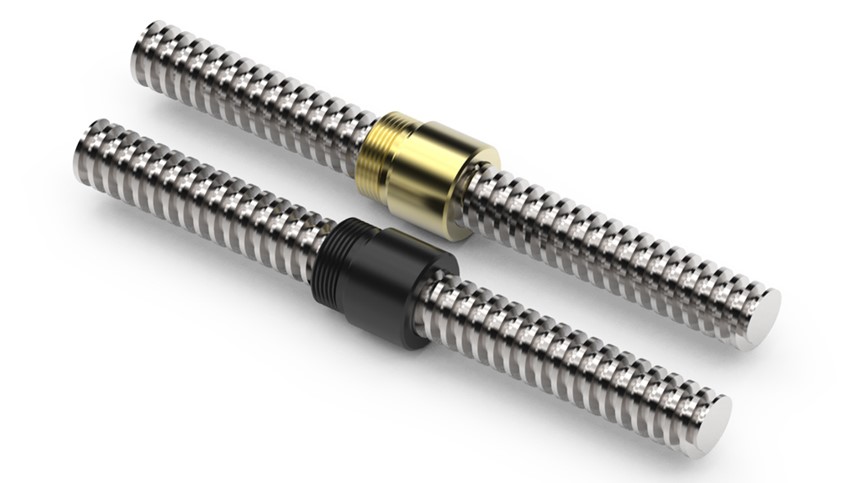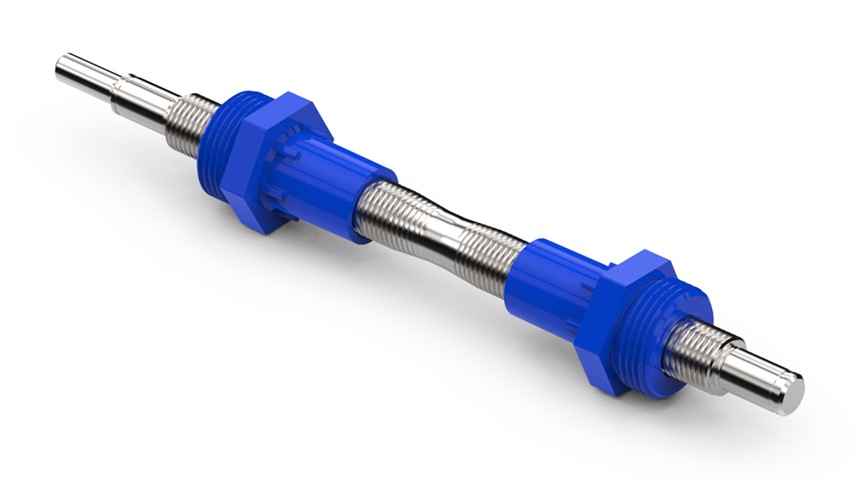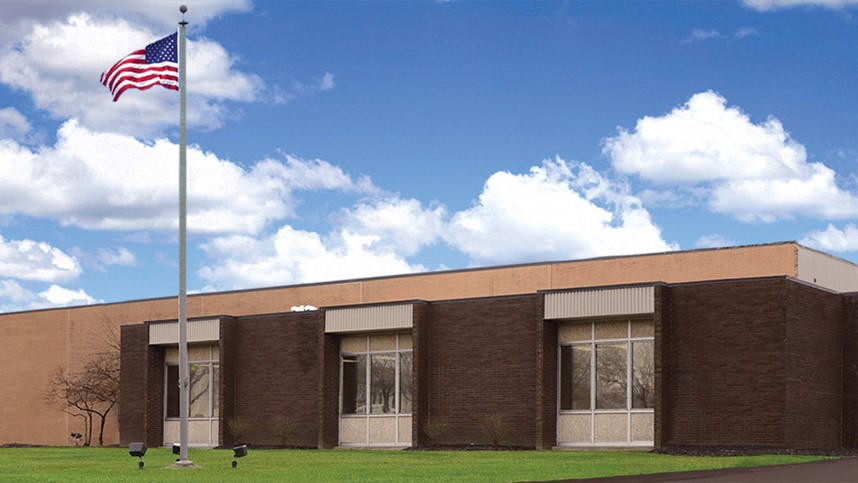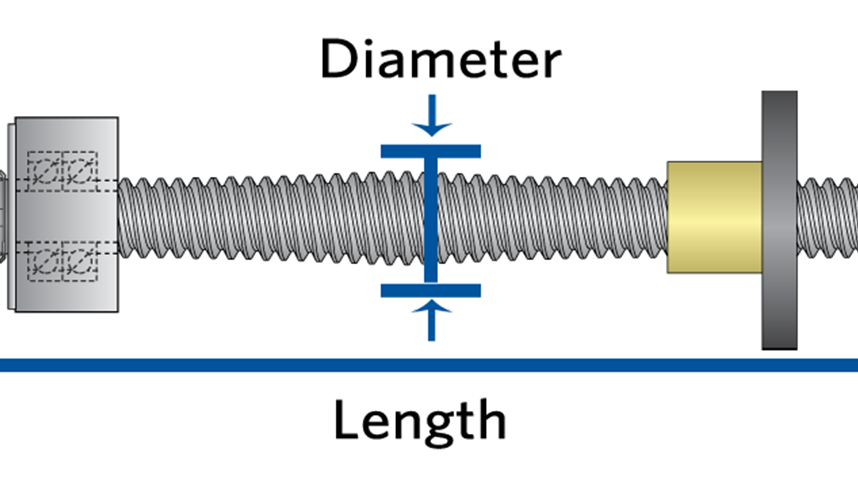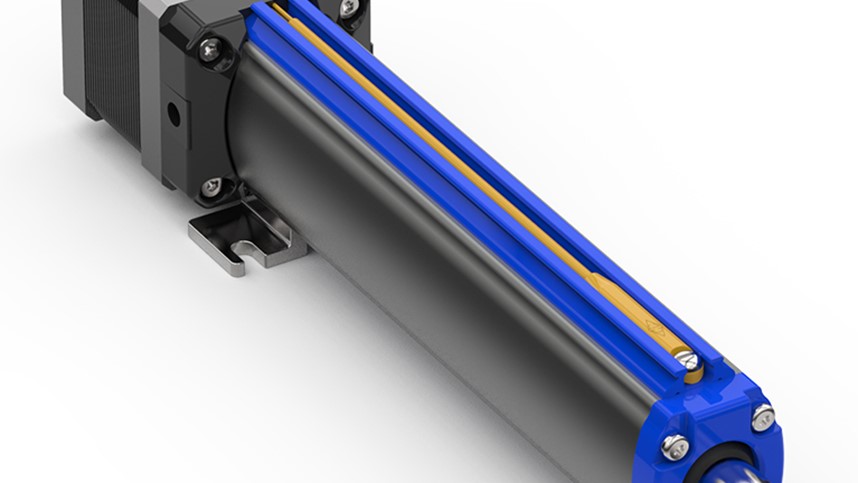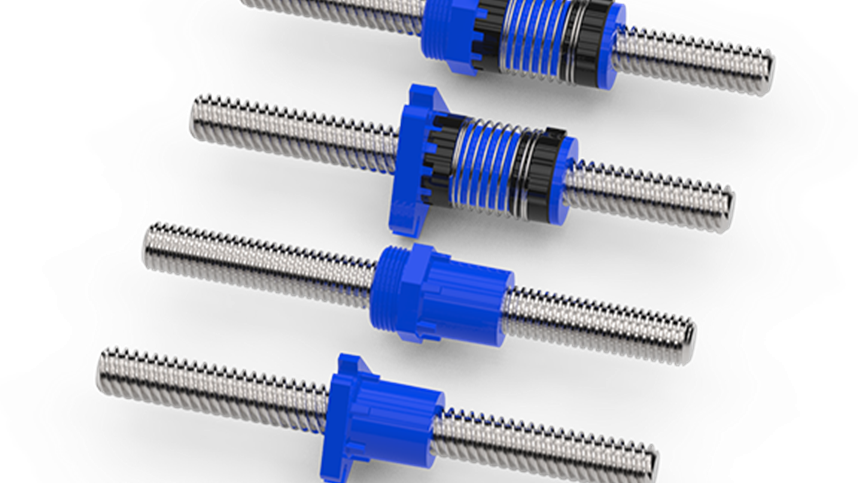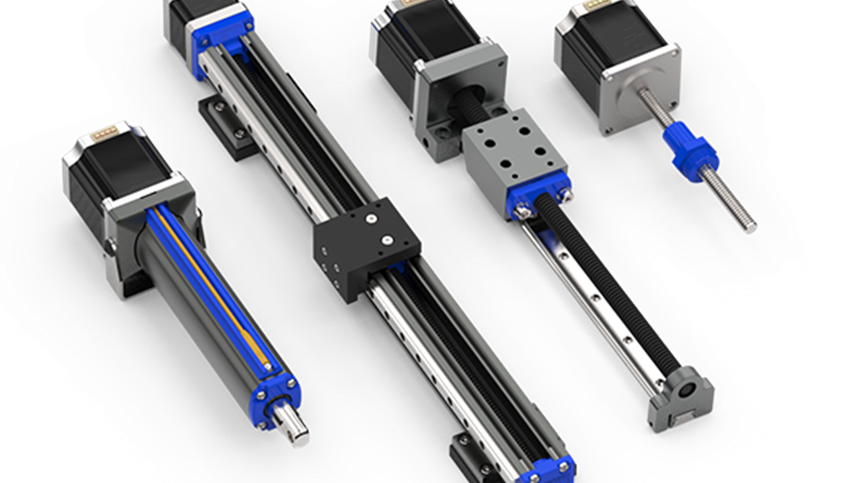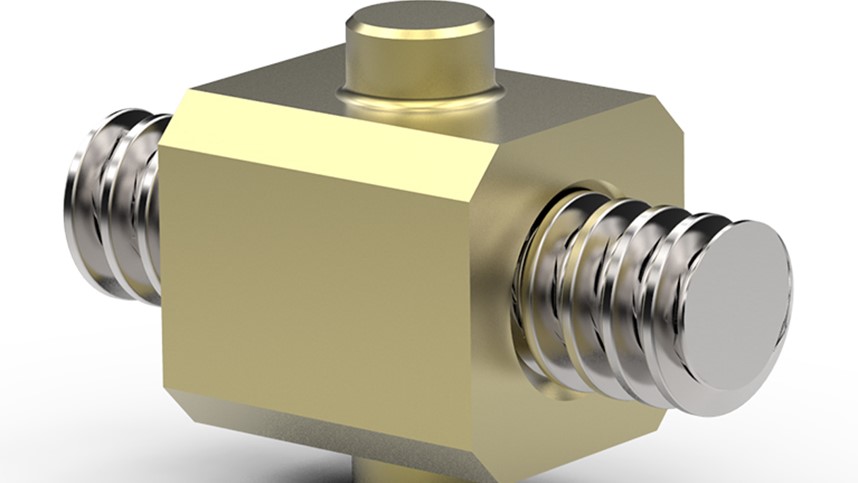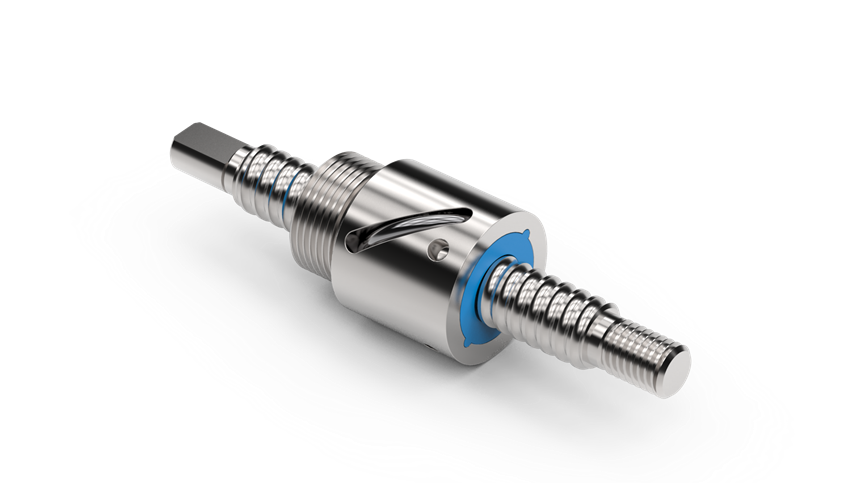Configuring an acme screw assembly that will not only perform but endure the demands of a linear motion application, requires a thorough understanding of the load requirements. Evaluating your loading conditions extends beyond the load that you want to move and the distance that you want to move it - it includes the effects of your application on the screw assembly itself.
Helix Linear Technologies Blog | Articles, how-tos and information on the latest linear motion topics.
How to Improve Acme Screw Efficiency
A staple for controlling linear motion for more than a century, the acme screw (a lead screw with a trapezoidal thread form angle of 29º) continues to be the best option for driving many of today’s motion control applications where efficiency is critical.
Benefits of American-Made: Nook Industries/HELIX Linear Technologies
In a global economy, product developers have many options for sourcing the manufacturing of linear motion control systems and engineered components. While some manufacturers have outsourced actuator work overseas, an increasing number are reaping the benefits of working with a state-of-the-art US-based manufacturing facility, such as those operated by Nook Industries and its HELIX™ Linear Technologies subsidiary.
Five Key Steps for Selecting Lead Screw-Driven Motion Control Systems
Selecting the right motion control system can often mean the difference between success and failure. To optimize performance, reliability, maintenance requirements, and service life, design engineers should conduct a thorough evaluation of their options in conjunction with configuring the most suitable lead screw as a means to drive the specific application.
The Four Most Common Uses of Electric Linear Actuators
The reason electric linear actuators are a preferred choice for converting rotary motion into linear motion is that they have many advantages.
The Helix Acme Lead Screw Advantage
Acme screws provide distinct advantages for many of today’s linear motion applications, such as the motion control systems incorporated in many lead screw medical devices.
Lead Screws: Small Size Doubles Duty in Medical Device Design
Helix has recently introduced its precision miniature lead screw designs for light load medical device design and applications that deliver fast speed and close tolerance positioning. Designed for compact applications that require the dual ability to be fast and precise - ideal for accurate positioning requiring a rapid approach and retraction.
Top 10 Mechanical Actuator Questions Answered
Most design engineers know that a mechanical linear actuator is a device that converts rotary motion into linear movement—such as lead screws, ball screws, and acme screws.
How to Pick the Right Acme Nut for your Lead Screw Application
High-end, motion control lead screw applications only perform as anticipated when the screw is matched with the right acme nut—whether the acme nut be available as a standard component or produced from a specific custom design.
Lead Screws vs Ball Screws: It's All about the Application
Today’s motion-driven automation environments demand effective linear motion control systems, such as lead screws and ball screws. Although lead screws are often seen as less expensive substitutes for ball screws, making a decision on which type of screw to use is a lot more complicated than focusing solely on cost.


